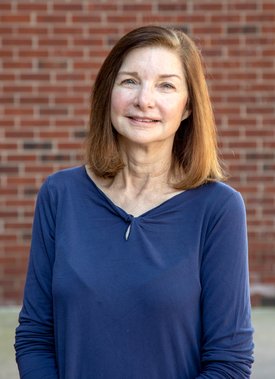
Cathryn R. Newton
DEPARTMENTS
- Earth and Environmental Sciences
Professor; Dean Emerita, College of Arts and Sciences; Senior Advisor to Chancellor and Provost for Faculty Engagement : Marine Paleoecology; Modern and Ancient Extinctions
CONTACT
-
466 Life Sciences Complex
Email: crnewton@syr.eduOffice: 315.443.3487
CV
Entries in the areas listed below (other than biography and books) are selections delimited to the last five years. Consult the faculty member’s biography, listed website(s) or CV for additional information.
